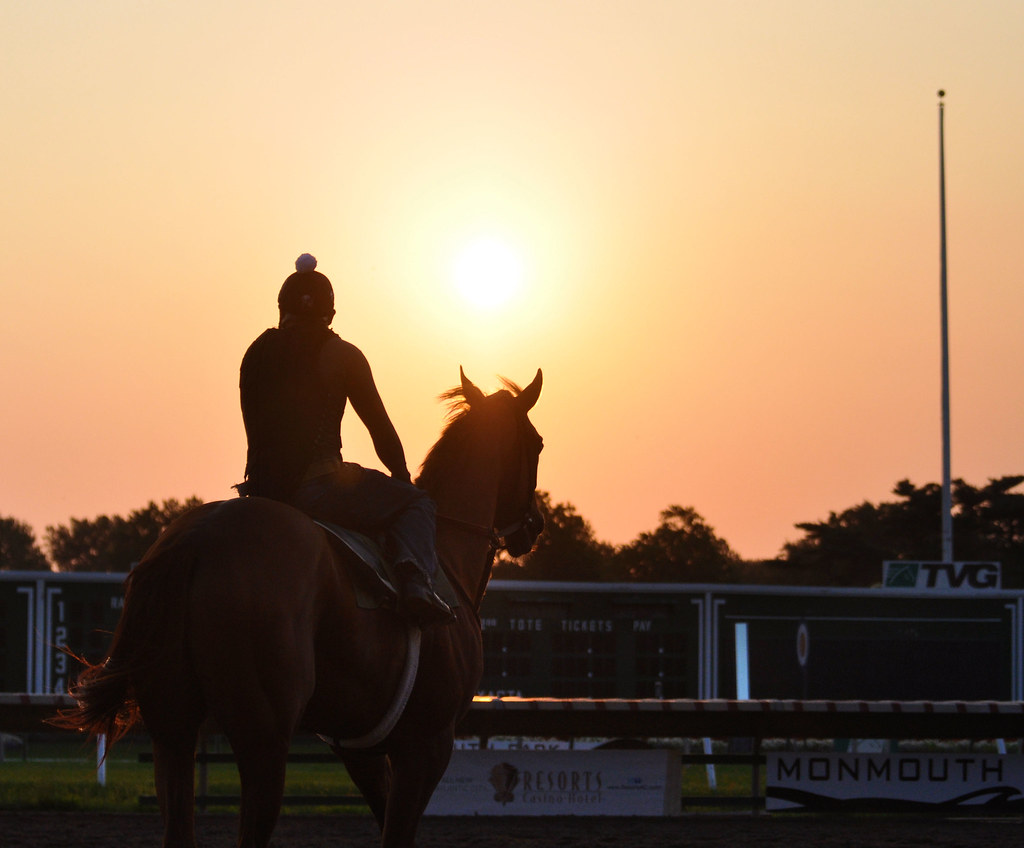It was five minutes past four. Five minutes after our little Backstretch trailer-clinic closed and five minutes before the clinic doctor would be out the door on his way back to the community health center. Rafael walked in. His face was hot, beads of sweat dripping from his forehead. He was breathing hard. Immediately, he darted for a chair.
“We close at four, sir,” Nurse L said, half expecting him to get up out of the chair and say he would come back tomorrow. But he did not look like he could get up.
“Necesito … agua,” he said, breathing heavily between his words. I ran to the back room, grabbing a bottle of water out of the refrigerator and summoning Dr. C. Something was wrong. We darted back to Rafael. Dr. C raised his eyebrows, then asked him if his chest hurt. It did. He asked him if he felt pain anywhere else. He did in his arm and his jaw.
“Okay. EKG. Now!” Dr. C started moving quickly. Before I could count to ten, Rafael was in the back room, EKG leads stuck to his body and the machine running. I called 911. Dr. C gave Rafael a dose of aspirin and helped him get down an entire bottle of water. We waited for the paramedics to arrive.
I stood beside Rafael, who was lying down, his eyes blinking slowly. His hands were at his sides and I reached for one of them.
“Let us think about something good,” I said in Spanish.
He nodded.
“What is your favorite animal?” I asked. Really? That was the best that I could come up with? The second that the question left my mouth, it sounded silly, but Rafael welcomed it.
“Los caballos,” he said. “Obviamente los caballos.”
Of course, horses! I was not sure why, but this took me by surprise. Though we were on the Backstretch, the part of the Racetrack where the horses lived, most of the workers who cared for the horses did so out of need. It was their only option to provide for their families. But Rafael loved his work, too. He started to describe the calming, therapeutic nature of the horses. Their steady strides felt powerful, yet kind, he explained. They were brilliant. They always listened to you, even in Spanish. They would never hurt you intentionally.
“Who was your favorite horse?” I asked. Rafael answered without hesitation.
“Affirmed,” he said. He had met Affirmed when he was in Belmont. He won the Triple Crown.
My father always used to say that after reincarnation he wanted to be a horse. In fact, he and his best friend built a computer science start-up together and named it Affirmed, after the horse that won the Triple Crown. He told me that Affirmed was a special horse. One with spirit and muse.
When I was little, I remember galloping around the house beside my dad, the two of us full of smiles. Like Rafael, he too had come here from another country. When my dad was my age he left behind the home he knew and traveled halfway across the world so that I, his future daughter, could have access to school. He had fought to overcome the violence of poverty and battled against the patriarchal structure of education for me before I was even born. Here I was, the beneficiary of his hard work and tireless love. It was my turn to give back.
When the paramedics arrived, they helped transfer Rafael to a stretcher and wheeled him out of the clinic. They told me what was going to happen to him once they loaded him into the ambulance and asked me to translate everything to Rafael. I did. I squeezed his hand tight. I told him he was strong. They wheeled him down the ramp and into the back of a white ambulance with blue and orange stripes on either side.
As the yellow bars of his stretcher disappeared behind the ambulance doors, I wished with all my might that I could have continued to be by Rafael’s side. It must have been so scary to not understand anything that was happening around you while you were having a heart attack. To not have anyone to speak to as you were transported to the hospital. How terrifying it must have been to not know what they were doing to you or why they were doing it. I could not believe that they had no access to a translator who could help — not even over the phone. I wondered if Rafael would have an advocate at the hospital where he was headed. I prayed that he would. In another moment in time, he could have been my father.
Image credit: Watching the Sunrise by FotoCavallo is licensed under CC BY 2.0.


